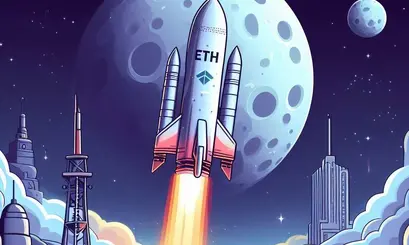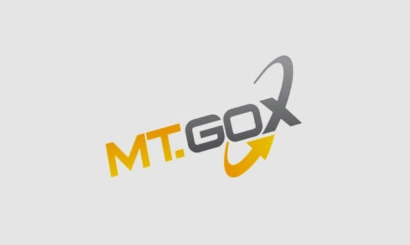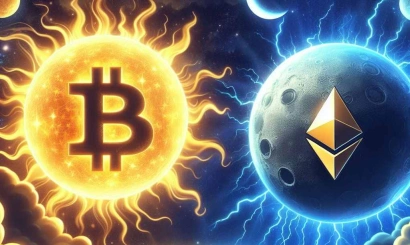In the name of the industry. Why Ripple Labs is openly confronting the SEC
Why Ripple Labs openly opposes the SEC considering the XRP token a security
Regulators in the U.S. are trying to equate XRP token transactions with illegal securities transactions, but Ripple Labs executives are strongly motivated to counter the charges. We tell you what resources they have
The U.S. Securities and Exchange Commission (SEC) has withdrawn its lawsuit against two Ripple Labs executives in the $1.3 billion XRP token sale case, marking another step in the cryptocurrency industry's standoff with traditional regulation.
The SEC's legal battle with Ripple Labs has become the cornerstone of a campaign to regulate the cryptocurrency industry in the U.S., and the litigation itself is still ongoing. The main U.S. exchange regulator has been suing the company for several years - in December 2020, the agency accused it of selling $1.3 billion worth of unregistered securities under the guise of XRP tokens.
The SEC filed a lawsuit against Ripple Labs itself and civil suits against its executives - CEO Brad Garlinghouse and co-founder Chris Larsen. The XRP token was the third most capitalized crypto asset at the time, behind only Bitcoin and Ethereum.
The regulator is trying to equate the sale of XRP tokens by Ripple Labs to unregistered securities transactions, and two executives of the company, according to the original indictment, personally facilitated the sale of the tokens to investors. But on Oct. 20, the SEC announced it was dropping the cases against Garlinghouse and Larsen.
- Uneven fight
Cryptocurrency companies in the U.S. have had a tough time complying with Wall Street rules, and have largely opposed the SEC's approach. Many have paid hefty fines to settle the regulator's claims. For example, the Kraken exchange paid a $30 million fine when the SEC equated its steaking service with making money from unregistered securities. The U.S. division of Bittrex filed for bankruptcy after the SEC filed a lawsuit against the exchange and its co-founder. Only recently, in October, LBRY shut down completely due to similar SEC sanctions, citing "multi-million dollar debts" due to the legal battle.
But Ripple has become an exception. Garlinghouse and Larsen have gambled that they can win against the government in court, and dropping civil suits from the regulator may give them extra motivation. The cost of paying expensive lawyers to counter the authorities' charges encourages many companies to settle, but Ripple has both the means and the incentive to fight back. Garlinghouse personally made $150 million from the sale of XRP tokens, while Larsen made $450 million.
- Court victories
Ripple Labs' liability and claims against Garlinghouse and Larsen were resolved in July when U.S. District Judge Analisa Torres partially granted the defendants' requests to dismiss the case. Torres agreed with Ripple's arguments that selling XRP tokens to retail customers in various forms does not violate investor protection laws.
Torres also ruled in part in favor of the SEC, finding that the $728 million in token sales did constitute an unlawful sale of securities. According to the judge's ruling, small investors buying XRP through exchanges are not subject to SEC oversight. But large investors buying XRP directly from Ripple are.
Ripple has yet to have a hearing on how much the company must pay to settle the allegations. However, some of the claims against Garlinghouse and Larsen were unaffected by the Torres decision and were not due to go to court until next year. Attorneys insist in comments to the media that the charges against both were initially made without merit.
The SEC appealed the ruling on the judge's interpretation of the token sales but was denied the permission necessary for immediate review of the decision by a higher court. Judge Torres explained the decision, stating that she correctly applied the test for determining whether a crypto asset is a security.
The SEC may file another appeal of the Torres decision after it rules on the penalties Ripple must pay for selling $728 million worth of XRP to institutional investors. According to Garlinghouse, Ripple will not be required to refund the entire amount, at least because many of the token purchasers are not in the U.S. and do not fall under the SEC's purview.
During an interview on the Metaco Talks podcast, the head of Ripple said he is "definitely not a maximalist" of one asset despite holding an impressive number of XRP tokens himself. He says there is always room in the market for Bitcoin and crypto assets from other projects. He says he could have settled the SEC's claims three years ago for much less money than what was spent on Ripple's legal defense. But, he says, that money was worth spending "in the name of the industry."
- Bitcoin's market share hits 2-year high
- The U.S. Treasury Department has accused all existing cryptomixers of money laundering
- BlackRock and Grayscale file updated bitcoin-ETF filings
- Ferrari has started accepting payment for cars in cryptocurrencies at the request of customers
- QCP Capital analysts doubt Bitcoin's growth this year
- Experts call cryptocurrencies' role in supporting terrorism exaggerated
- Intel processor tests for 14th-generation desktops have appeared.


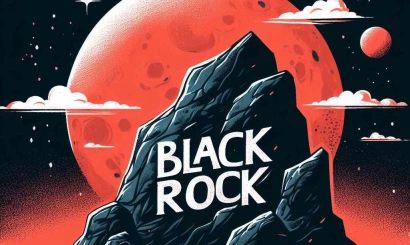
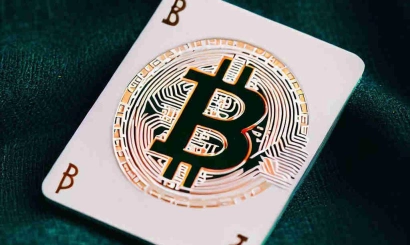
_410x245_00e.webp)
